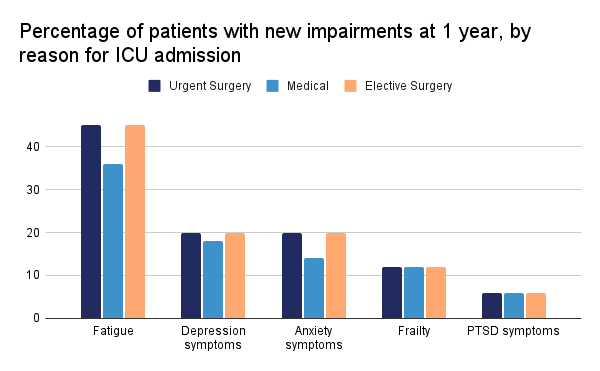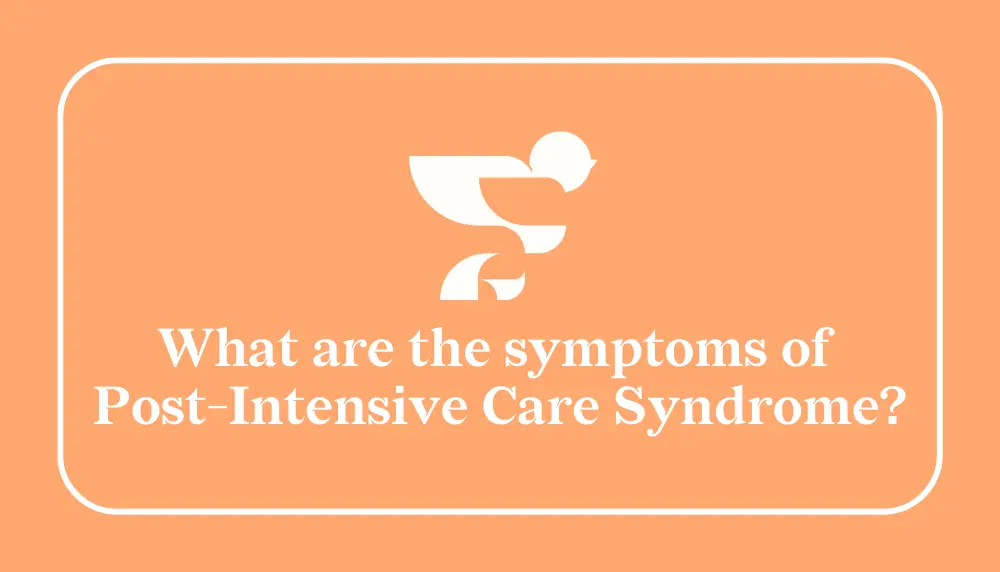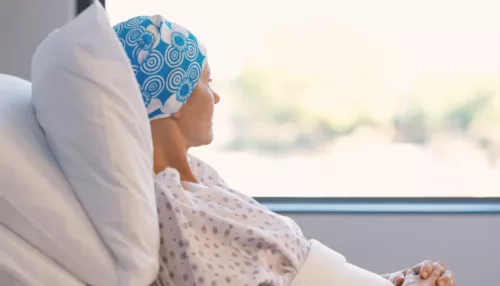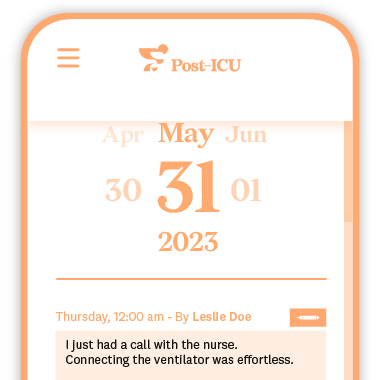In the realm of healthcare, the term “Post-Intensive Care Syndrome” has gained considerable attention and concern in recent years. This phenomenon, often abbreviated as PICS, refers to a cluster of physical, psychological, and cognitive symptoms that can affect Intensive Care Unit (ICU) survivors as well as their family and close friends. When referring to PICS-symptoms in family members, the term PICS-F is often used.
With an increasing number of people surviving critical illnesses and injuries due to advances in medical technology, the discussion surrounding Post-Intensive Care Syndrome is becoming more important than ever. It could be argued that surviving the ICU is only half of the battle, since as many as 64% of patients end up with one or more PICS-related symptoms that appear as a result of a stay in the ICU.
Summary of this article
In this comprehensive article, we delve into the various aspects of Post-Intensive Care Syndrome. We list the most common physical, cognitive and psychological symptoms of PICS, answer how long Post-Intensive Care Syndrome may last, as well as exploring risk factors for developing PICS. Finally, we explore a powerful way to alleviate or even prevent Post-Intensive Care Syndrome: the Post-ICU digital diary.

Physical Symptoms of Post-Intensive Care Syndrome
One of the primary facets of PICS involves the physical symptoms experienced by survivors. These symptoms can be quite challenging to deal with and may include:
- Muscle weakness and fatigue: the prolonged bed rest and immobilization that are typically required in intensive care can lead to a decrease in muscle tissue and, as a result, physical weakness and low energy.
- Breathlessness: since the respiratory system also consists of muscles, the ease of breathing may also be affected. This can lead to shortness of breath which can result in having difficulty performing basic physical activities, such as climbing stairs or walking.
- Pain and discomfort: many survivors report chronic pain and discomfort, which can be attributed to the underlying illness that warranted the ICU admission, invasive medical procedures, or prolonged bed rest.
- Sleep disturbances: PICS-symptoms frequently include various troubles with sleeping, such as insomnia (the inability to fall asleep for a prolonged time) or having nightmares. The latter can further worsen the overall physical discomfort.
Cognitive Symptoms of Post-Intensive Care Syndrome
PICS can also manifest itself in cognitive problems. Some examples of cognitive dysfunction include:
- Problems with memory: for example memory loss, or decreased short-term memory. This can make daily tasks and social interactions challenging.
- Trouble with concentration and focus: both patients and family members may experience issues with paying attention to what is happening around them. This may sometimes persist for prolonged periods of time.
- Problems with planning and organizing: this can make it more difficult for both ICU survivors and family members to manage their daily responsibilities.
Psychological Impact of Post-Intensive Care Syndrome
Apart from the physical symptoms, the psychological impact on both ICU survivors and their families is often just as significant and debilitating. Some of the psychological symptoms seen in PICS include:
- Anxiety and depression: the experience of a life-threatening illness and the memory of traumatic events during an ICU stay can lead to anxiety and depression in survivors.
- Feeling restless (almost) constantly: this is especially true for the patient’s loved ones if they feel powerless and unable to do anything to support or take care of the patient in the ICU.
- Flashbacks or nightmares: a significant number of ICU survivors develop symptoms of PTSD, characterized by flashbacks, nightmares, and severe anxiety related to their ICU experience.
How long does Post-Intensive Care Syndrome last?
How long PICS lasts is dependent on a number of factors. There seems to be consensus among various researchers that Post-Intensive Care Syndrome can last from a few months to many years. Some symptoms of PICS are more likely to improve quickly, while other symptoms are more likely to linger on. For example, it can take up to a year for muscle weakness to go away completely. Cognitive dysfunctions and psychological problems, such as memory issues or anxiousness, may linger on for much longer than a year. Unfortunately, some people never fully regain their former physical or cognitive abilities.
Causes and Risk Factors of Post-Intensive Care Syndrome
It’s important to understand that many different factors can contribute to a patient or family member developing PICS. While each patient’s experience may vary, some common contributing factors include:
- Severity of illness: the more complicated the situation of an ICU patient is, the more likely an ICU survivor is to develop physical symptoms of PICS.
- Length of ICU stay: similarly to severity, the amount of time that an ICU patient is admitted will increase their risk for developing Post-Intensive Care Syndrome symptoms. Where severity of illness is more likely to have an impact on physical symptoms, the length of staying in the ICU is likely to have a negative impact on physical, cognitive and psychological symptoms.
- Poor patient experience: a poor patient experience has been found to have an especially strong negative impact on patients and families developing symptoms of anxiety, Post-Traumatic Stress Disorder (PTSD), and decreased cognitive function. Fortunately, there are many ways to enhance the patient and family experience.
How do you prevent and treat Post-Intensive Care Syndrome?
Treating PICS is not easy, as the syndrome can manifest itself in a wide variety of symptoms. Therefore, sufficient efforts should be put towards preventing ICU patients and families from developing Post-Intensive Care Syndrome symptoms, or alleviating them as early in the care process as possible.
Besides treating PICS with physical rehabilitation or psychological support from therapists and counselors, there is one essential, scientifically proven tool that can help alleviate or even prevent Post-Intensive Care Syndrome. That tool is the ICU diary. ICU diaries can be kept by professional caregivers and the family and friends of the patient. In some cases, the ICU patient themselves is also able to write in their diary. Learn more about how the Post-ICU diary helps patients and families.
The role of ICU diaries in alleviating Post-Intensive Care Syndrome for both patients and families is significant in several ways:
- ICU diaries support memory reconstruction
- ICU diaries provide emotional support
- ICU diaries enhance communication
- ICU diaries empower family members in the care process
Conclusion
In conclusion, Post-Intensive Care Syndrome is a complex and challenging condition that affects many individuals who have been discharged from the Intensive Care Unit. It encompasses a wide range of physical and psychological symptoms, which can have a profound impact on one’s life. Recognizing the symptoms, understanding the causes, and acknowledging the crucial role of ICU diaries in the recovery process are essential to help both ICU survivors and their families recover better, and improve their quality of life after ICU discharge.
Please find the consulted scientific literature to help write this article here.





